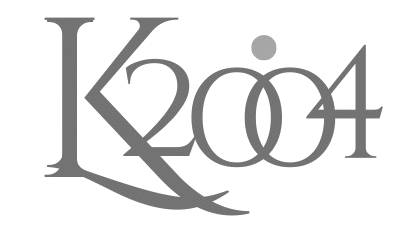Introduction
Chemistry is the science of what things are made of and how they change. It studies substances from the air you breathe to the cells in your body and the reactions that turn one substance into another. Chemistry sits at the heart of science: it connects physics, biology, geology, medicine and engineering. If you want to understand the material world, chemistry is the key.
What do chemists study?
Chemists study matter at many scales:
- Atoms and molecules — the tiny building blocks of everything.
- Elements — pure substances made of a single kind of atom (like oxygen or gold).
- Compounds — substances formed when atoms of different elements bond together (like water, H₂O).
- Chemical reactions — how substances transform into new substances.
- Properties of matter — things you can measure: melting point, density, color, reactivity.
Big ideas in chemistry (simple explanations)
- Atoms and electrons: Atoms contain protons, neutrons and electrons. Electrons determine how atoms interact with each other.
- Chemical bonds: Atoms stick together by sharing or transferring electrons (covalent and ionic bonds).
- The periodic table: A chart that arranges elements by similar properties. It helps predict how elements will behave.
- Conservation of mass: In a chemical reaction, mass is conserved — atoms are rearranged but not created or destroyed.
- Acids and bases: Acids release hydrogen ions (H⁺); bases accept them. Their strength affects reactions, digestion, and cleaning products.
- Energy and reactions: Some reactions release energy (exothermic) and some absorb it (endothermic). Energy changes drive whether a reaction happens.
Major branches of chemistry
- Analytical chemistry: Measures what’s in a sample and how much of it there is (forensic tests, pollution monitoring).
- Physical chemistry: Uses physics and math to explain chemical behavior (reaction rates, energy changes).
- Organic chemistry: Studies carbon-containing compounds (drugs, plastics, fuels).
- Inorganic chemistry: Focuses on non-carbon compounds (metals, ceramics, minerals).
- Biochemistry: Explores chemistry in living things (enzymes, DNA, metabolism).
- Materials chemistry: Designs new materials with useful properties (batteries, superconductors, polymers).
Why chemistry matters — everyday examples
- Health and medicine: Chemistry helps design drugs, vaccines, and diagnostic tests.
- Food and cooking: Baking is chemistry heat, acids, and sugar change texture and flavor.
- Energy and environment: Chemists develop batteries, solar cells, and cleaner fuels; they also study pollution and ways to remove it.
- Materials and manufacturing: Polymer chemistry makes plastics and fibers; metallurgy makes stronger metals.
- Household products: Soaps, detergents, and cleaners are formulated using chemical principles.
Safety and the scientific method
Chemistry experiments can be exciting but sometimes dangerous. Safety rules goggles, gloves, proper ventilation protect people. The scientific method (observe → hypothesize → test → analyze → conclude) ensures experiments are repeatable and reliable.
Simple experiment idea (safe, at-home)
Create a baking-soda and vinegar volcano to see a gas-producing reaction:
- Put a few tablespoons of baking soda in a sturdy cup.
- Add a little dish soap (optional makes more foam).
- Pour vinegar into the cup and watch it fizz and bubble.
This produces carbon dioxide gas and shows how mixing substances can create new products.
Careers in chemistry
Chemistry opens many career paths:
- Research scientist (academia or industry)
- Pharmacist or medicinal chemist
- Environmental scientist or toxicologist
- Materials engineer or process chemist
- Quality control analyst in food, cosmetics, or manufacturing
- Science teacher or communicator
How to get better at chemistry
- Practice math — stoichiometry and reaction calculations use ratios and algebra.
- Visualize atoms and molecules models help.
- Do safe experiments — hands-on learning cements concepts.
- Link chemistry to real life — relate theories to cooking, cleaning, and medicines.
Interesting facts
- Water expands when it freezes that’s why ice floats.
- The human body is mostly water, but chemistry of carbon compounds (proteins, fats) makes life possible.
- Table salt is sodium chloride (NaCl) an ionic compound formed from sodium and chlorine atoms.
Conclusion
Chemistry explains how and why substances behave the way they do. Its ideas are practical and powerful: they help create medicines, clean water, build materials, and solve environmental problems. Whether you’re a student, a curious adult, or someone thinking about a science career, learning chemistry gives you tools to understand and improve the world.







